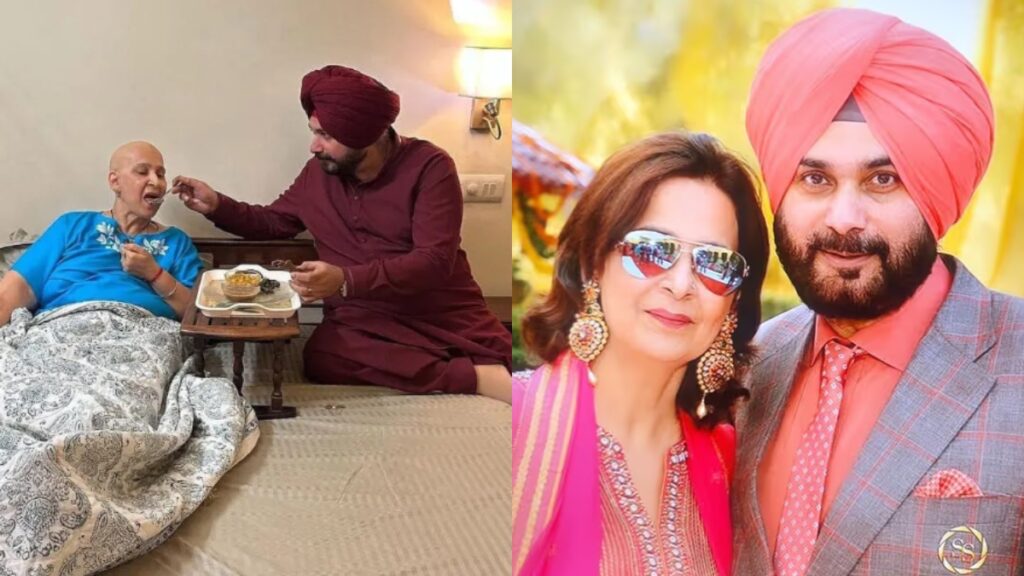
Reclaiming Intimacy After Cancer Treatment: A Path to Healing and Connection
Cancer treatment can be physically and emotionally challenging, not just for the body but for relationships as well. One of the most profound areas affected by cancer and its treatments is intimacy. Whether it’s a result of physical changes, emotional stress, or the aftermath of treatment, many individuals find that their intimate relationships require time, patience, and understanding to heal. Reclaiming intimacy after cancer treatment is a journey that involves nurturing both your body and your emotional well-being, and it’s a process that can bring couples closer together.

Understanding the Impact of Cancer Treatment on Intimacy
Cancer treatments such as surgery, chemotherapy, radiation, and hormone therapies can lead to various side effects that impact a person’s ability to feel connected, both to their own body and to their partner. These side effects may include:
- Fatigue and pain: Physical exhaustion, lingering pain, or changes in mobility can make intimacy feel exhausting or uncomfortable.
- Changes in body image: Surgery, scars, weight changes, or hair loss can affect how one feels about their appearance, which may lead to insecurity or loss of confidence.
- Hormonal changes: Treatments like chemotherapy and hormone therapy can alter hormone levels, causing symptoms such as hot flashes, vaginal dryness, or erectile dysfunction, which can affect sexual function and desire.
- Emotional strain: Cancer and its treatments can cause anxiety, depression, or fear, all of which can affect a person’s emotional connection to their partner.
Understanding these challenges is the first step in reclaiming intimacy after cancer. Both partners need to recognize that intimacy extends beyond physical touch; it encompasses emotional closeness, communication, and the willingness to share vulnerabilities.
Open Communication: The Foundation of Rebuilding Intimacy
After cancer treatment, it’s essential to rebuild the emotional connection with your partner through open and honest communication. Talking about how you’re feeling—physically, emotionally, and sexually—can strengthen your relationship and help both partners understand each other’s needs.
- Express your concerns: It’s okay to discuss fears or insecurities about changes to your body or your sexual health. If you’re feeling physically different or experiencing discomfort, sharing those feelings helps your partner understand what you’re going through.
- Ask for what you need: Whether you need more time to rest or help with finding alternative ways to be intimate, let your partner know. This can help prevent misunderstandings and ensure that both of you are on the same page.
- Listen actively: Be sure to also listen to your partner’s needs and concerns. They may have their own challenges navigating this new phase of your relationship, and it’s crucial to offer emotional support.

Reconnecting Physically: Taking It Slow and Finding New Ways to Be Intimate
Rebuilding physical intimacy may take time, especially if treatments have left you feeling physically or emotionally distant. It’s important to remember that intimacy doesn’t have to be defined by sexual activity alone. Small gestures like cuddling, holding hands, kissing, and affectionate touch can help nurture physical closeness.
- Start slow: Begin with non-sexual touch and gradually move towards more intimate physical contact. Be patient with yourself and your partner as you rediscover what feels good.
- Experiment with different forms of intimacy: Explore different ways to connect with your partner, such as giving each other massages, taking baths together, or sharing a quiet moment. Intimacy is about emotional connection, not just physical pleasure.
- Seek professional help if needed: If physical changes are causing discomfort or distress, talking to a healthcare provider or a sexual health specialist can help you find solutions. There are treatments, such as vaginal lubricants or therapies for erectile dysfunction, that can make physical intimacy more comfortable.

Embracing Emotional Intimacy: Strengthening Your Bond
Emotional intimacy is just as important as physical intimacy in any relationship, and cancer treatment can offer couples the opportunity to deepen their emotional connection. This process may involve:
- Sharing fears and hopes: Talking about the journey of cancer treatment—your fears, triumphs, and future goals—can bring you closer together. It allows you to face challenges as a team.
- Fostering trust: Trust is built over time. Be supportive of one another, and give each other space to grow and heal. Expressing empathy and patience will strengthen your emotional bond.
- Seeking counseling: If the emotional toll of cancer treatment feels overwhelming, consider speaking to a therapist or counselor. They can provide tools and techniques for managing the emotional aspects of the recovery process, which can in turn enhance intimacy.

The Role of Self-Love and Acceptance
Before you can fully reconnect with your partner, it’s essential to embrace self-love and acceptance. Cancer treatment can bring significant changes to your body, and it’s natural to feel a loss of control or self-esteem. Reclaiming intimacy often starts with healing yourself—physically, emotionally, and mentally.
- Practice self-care: Engage in activities that make you feel good about yourself, whether it’s exercising, getting enough rest, eating nourishing foods, or engaging in hobbies you love.
- Celebrate your body: Recognize the strength of your body—its ability to fight cancer and recover. Embrace your scars and changes as symbols of resilience.
- Be patient: Healing takes time, and there’s no rush. Trust in your body’s ability to heal and in the love and connection that you and your partner share.
Conclusion
Reclaiming intimacy after cancer treatment is not just about returning to the way things were—it’s about building something new, rooted in deeper understanding, patience, and love. It’s a process that takes time, but with open communication, emotional support, and self-care, couples can rediscover intimacy in ways that are healing and fulfilling. Embrace the journey of rediscovery, knowing that intimacy, in all its forms, can thrive again.


